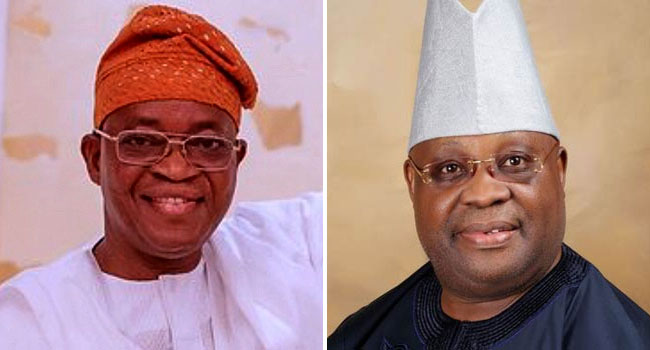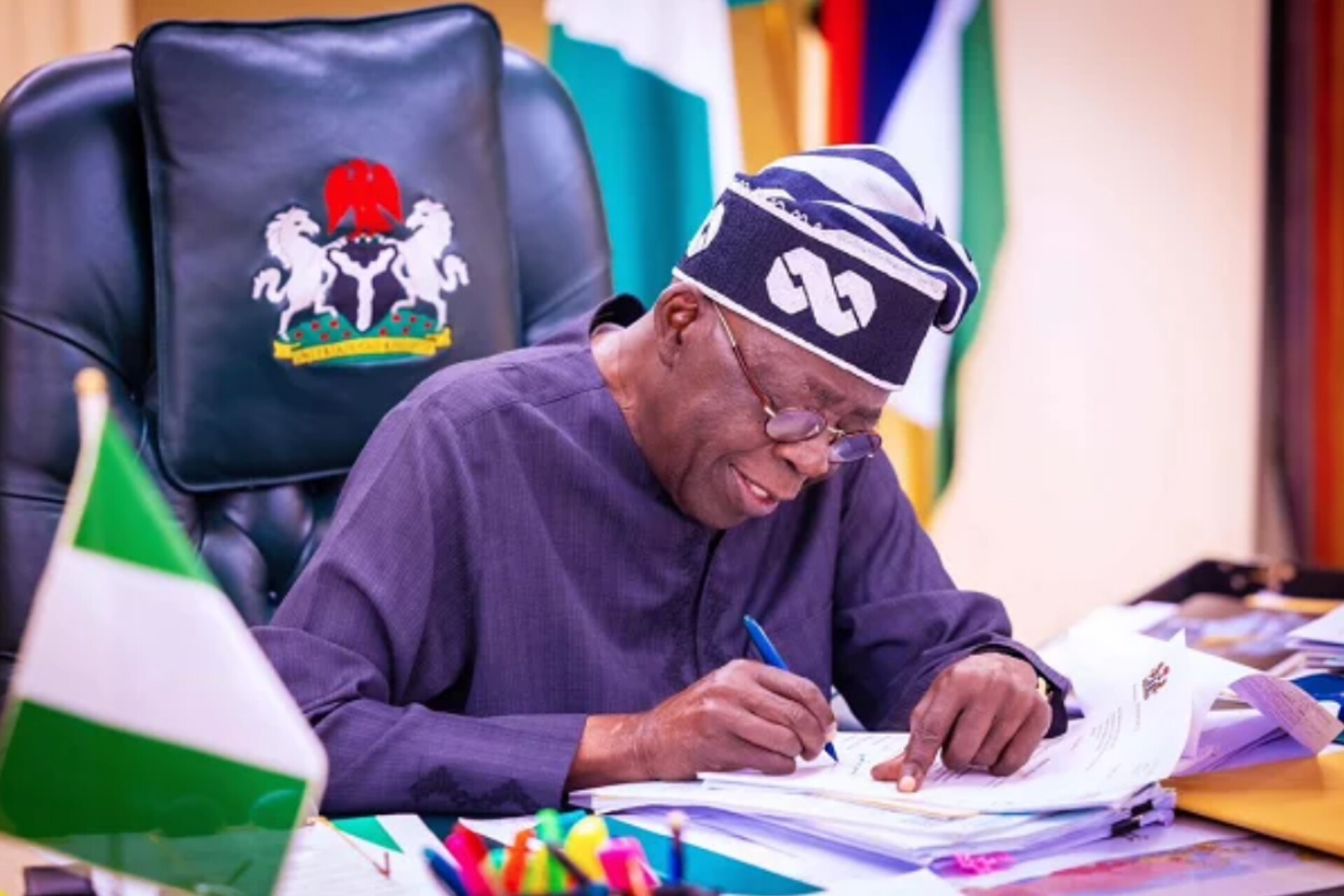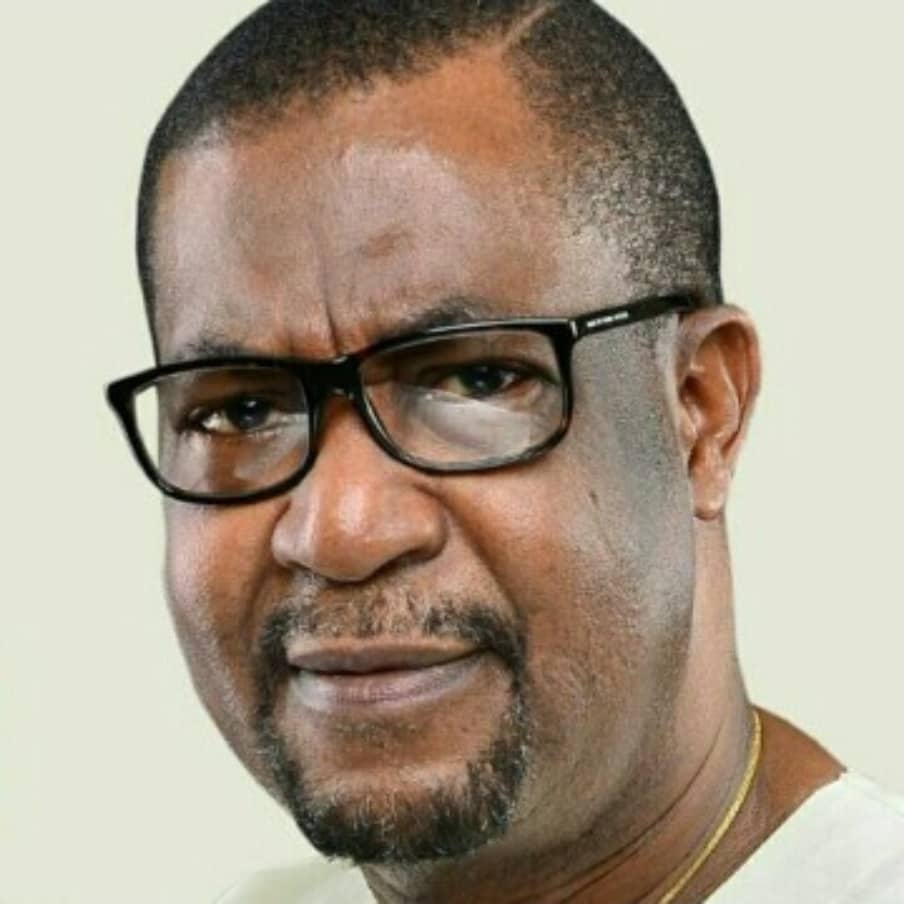The Counsel representing the interest of the Peoples Democratic Party (PDP) presidential candidate, Atiku Abubakar in his quest to unravel the controversy around the educational qualifications of President Bola Tinubu has said that they are puzzled by Tinubu’s “vigorous opposition” to a request asking the Chicago State University to make open disclosure about the matter.
Atiku’s lawyer, Liu Angela, Wednesday said she had sent an email to Tinubu’s lawyers asking for their cooperation in asking the Chicago State University about documents that are already in the public domain, which have been submitted in proceeding in the Nigerian court.
According to her, the email, which was sent on August 3, 2023 is requesting, “to learn CSU’s position on whether, how, and when they were provided to other Nigerian litigants, and CSU’s position on the authenticity of the documents.”

According to Ms Angela, “Mr. Tinubu should have been keen to clear up any inconsistencies in his academic achievements and set the records straight by allowing the expedition of the legal process.
“If there is an explanation for the discrepancies we have identified, we would think that Mr Tinubu would be eager to provide it. If you would like to provide an explanation to us, we are happy to consider it. That might preclude the need for, or at least expedite the deposition,” the lawyer said.
Atiku has thus, through his lawyer, expressed a willingness to cooperate with Mr Tinubu’s legal team to shut down controversies surrounding the president’s credentials.
But rather than extend the same cooperation to Atiku’s lawyer, the team representing Tinubu has vehemently opposed all initiatives aimed to setting the records straight about Tinubu education claims at the Chicago State University.
Ms. Angela thus stressed that Mr Tinubu’s adamant refusal to grant them access to his school records has only fuelled suspicions and suggested that he has something to conceal.
“In candour, the vehemence of Mr Tinubu’s opposition to this discovery is increasing rather than mitigating our suspicions,” Mr Angela asserted.
The lawyer representing Atiku further noted disappointment about how Tinubu is frustrating and stalling the entire judicial process.
She explained that Tinubu had been advised to join the case earlier since the applicant would not oppose the request, but that he chose to remain silent and waited until Atiku’s team had submitted an ‘Order Directing Discovery’ of his academic records in court before expressing an interest in joining the suit.
Then, “Mr Tinubu turned around a week later and headed straight to the States District Court for the Northern District of Illinois to apply to join as previously advised without consulting with Mr Abubakar, perceived as a devious delay gimmick.
“At the outset, Applicant emphasizes that he does not oppose the Motion, but questions why Mr Tinubu filed it, instead of contacting and coordinating with Applicant’s counsel to submit a joint submission,” Ms Angela wrote in her response to Mr Tinubu’s motion to join on August 4.
“Thus, on July 27, 2023, almost a week prior to filing the application, counsel for applicant advised counsel for Mr Tinubu and CSU that applicant intended to file the application and that he was “willing to stipulate to Mr. Tinubu’s intervention in the Section 1782 federal action,” Mr Abubakar’s lawyer told the court.
The discretion by the Tinubu’s team is further fueling optimism in the Atiku’s team that the academic records would support his case against Mr Tinubu at the presidential elections petitions tribunal to prove that President Tinubu may have falsified his credentials and should be disqualified.



